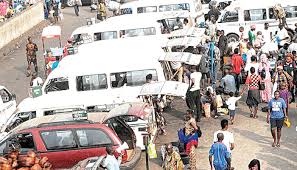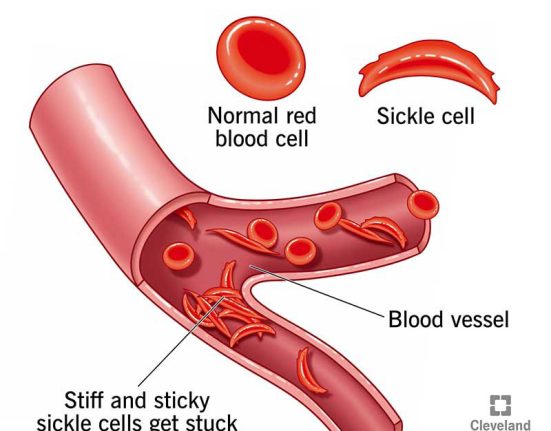Nigerians are expressing growing frustration over persistent increases in transport fares, even as fuel pump prices drop and the introduction of Compressed Natural Gas (CNG) seeks to offer an alternative to Premium Motor Spirit (PMS). Many commuters are particularly distressed that despite a reduction in fuel costs, transport fares have remained high, causing financial strain on passengers and businesses alike.
In interviews conducted across key parks in Lagos, Ogun, and Oyo states, 31 passengers shared their grievances about the continued hike in transport fares. According to them, transportation costs have remained unaffordable, with fares soaring by nearly 400 percent since President Bola Ahmed Tinubu assumed office. This surge in prices follows a sharp increase in the price of PMS, which spiked to as much as N1,200 per liter. However, even after a recent reduction in fuel prices, fares have not followed suit, leaving commuters in a precarious position.
A deeper look into the situation revealed that commercial transporters are burdened by various levies imposed by park unions. These levies include the booking fee, loading fee, and ticket fee, which drivers are required to pay daily. Such fees, which differ depending on the park leadership and state governments, have further exacerbated the financial burden on both drivers and passengers.
According to data from the National Bureau of Statistics, the average fare for intercity bus journeys in Nigeria saw a sharp increase in April 2024, rising to N7,122.57 from N3,994.51 in April 2023. While there was a slight decrease of 0.43 percent in fares from March to April 2024, the overall increase remains significant and painful for commuters.
Among the affected passengers was Ayinla Idris, who was traveling to Ondo State. He lamented the dire impact the high transport fares were having on his business, which he said was on the verge of collapse. Idris, a small and medium-scale business owner, emphasized the critical role that commercial transportation plays in Nigeria’s economy, particularly for businesses like his. He expressed concern that the transport sector was largely controlled by individuals perceived as uneducated or even as touts, undermining efforts to improve the situation. He recalled a recent incident when members of the National Road Transport Workers subjected him to humiliation after he attempted to intervene in a discussion between a driver and the union members.
Idris called on the government to take urgent action, stressing that the levies extracted from drivers daily were a major contributing factor to the unaffordable fares. He pointed out that transport unions often collect fees from drivers without any form of accountability, and these levies are ultimately passed on to passengers. As a result, goods transported by his business have become more expensive due to inflated transportation costs.
Another passenger, Iyinola Aderibigbe, voiced her frustration over the government’s failure to intervene. She accused both state and federal governments of turning a blind eye to the exploitation of commuters by transport unions. Aderibigbe criticized the overcrowding of vehicles, which makes passengers uncomfortable and increases the risk of accidents. She argued that the pursuit of extra profits by transport unions often leads to overloading, which in turn affects the safety and comfort of commuters.
Commercial driver Adediwura Kazeem also spoke out about the harsh conditions facing transport workers. Kazeem claimed that the current system in place for commercial transporters appears designed to impoverish drivers, forcing them to work long hours only to hand over their earnings to fuel attendants, mechanics, and union officials. He called for urgent government intervention to regulate the industry and relieve drivers and passengers alike from the heavy financial burden they face. Kazeem explained that many drivers, after purchasing new vehicles, are unable to save enough money for repairs or to buy another vehicle due to the excessive costs they must pay to unions.
For Kazeem, the situation has become so dire that he and many other drivers are forced to abandon their vehicles at mechanic workshops when they can no longer afford repairs. They then resort to taking out loans or higher purchases from the very same transport union leaders who have benefitted from their hard-earned money. In his words, drivers are increasingly becoming slaves to the system.
The frustration expressed by both drivers and passengers highlights a deeper issue within Nigeria’s transportation sector. The government’s efforts to reduce fuel prices and introduce CNG have not been enough to alleviate the financial strain caused by the dominance of transport unions and their daily levies. With businesses and commuters suffering under these high transportation costs, it remains to be seen whether the government will step in to regulate the sector more effectively or whether Nigerians will continue to endure this growing burden.







